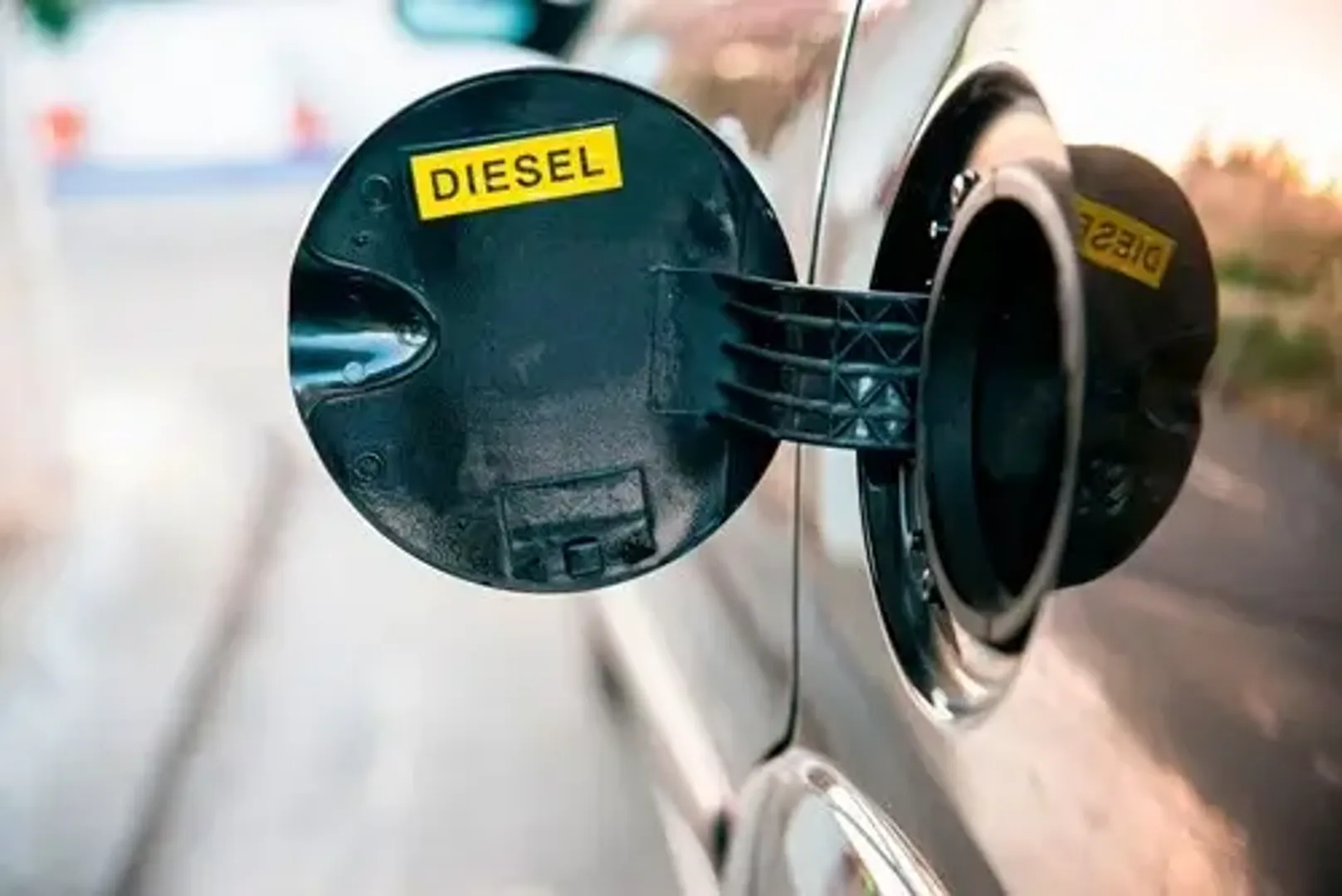
Ten years ago, diesel was very much the fuel of choice for many businesses, and vehicles using the fuel were touted as being more efficient and cleaner than their petrol driven cousins. More recently the fuel has fallen out of favour due to the reported levels of emissions produced and the effect on air quality in towns and cities across the UK. Many believed that diesel’s days were truly numbered.
However, the much-maligned fuel might be coming back into favour with the arrival of RDE2-compliant diesel cars. These duty- and tax-busting models adhere to stricter emissions rules, and the big manufacturers are competing to release them onto the market.
A difficult few years for diesel
Manufacturers in the automotive industry have argued for some time that modern, Euro 6/Euro VI engines don’t deserve the reputation they have been given. Pressure on the diesel vehicle market has increased following the announcement from the UK Chancellor in late 2017 of a new VED rate on new diesel cars first registered from April 2018. But all is not lost, as those that meet the Real Driving Emissions Step 2 (RDE2) standard are exempt from this ruling.
RDE2 explained
So what does RDE2 diesel actually mean? All cars certified for sale in the UK and Europe have to undergo stringent emissions testing, specifically on the level of nitrogen oxide (NOx) they produce. The Real Driving Emissions test demonstrates how the vehicle actually performs under real life driving situations and conditions. It has been proven that the performance of cars under real life testing is very different to what it is in the laboratory. Until now, this test was not mandatory for manufacturers but from September 2019, it will apply to all new cars.
A revival of diesel?
Many fleet operators have been taking delivery of the first RDE2 diesel cars and taking advantage of the reduced vehicle excise duty (VED) and company car tax. Company car drivers will also benefit from the removal of the 4% benefit in kind (BIK) tax making the vehicles a much more attractive option.
In addition to the changes in testing and amendments to taxation, there is still a desire to develop cleaner, greener diesel-fuelled cars. While electric vehicles are being promoted as the ‘fuel of the future’, charging infrastructure and energy generation issues mean their widespread use is still quite a way off.
All things considered, we could be embracing modern, clean diesel vehicles for a while yet and the benefits of using them will undoubtedly make them a popular choice for the next few years.


